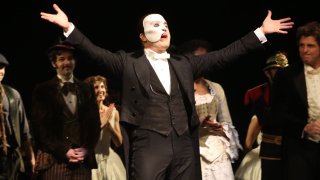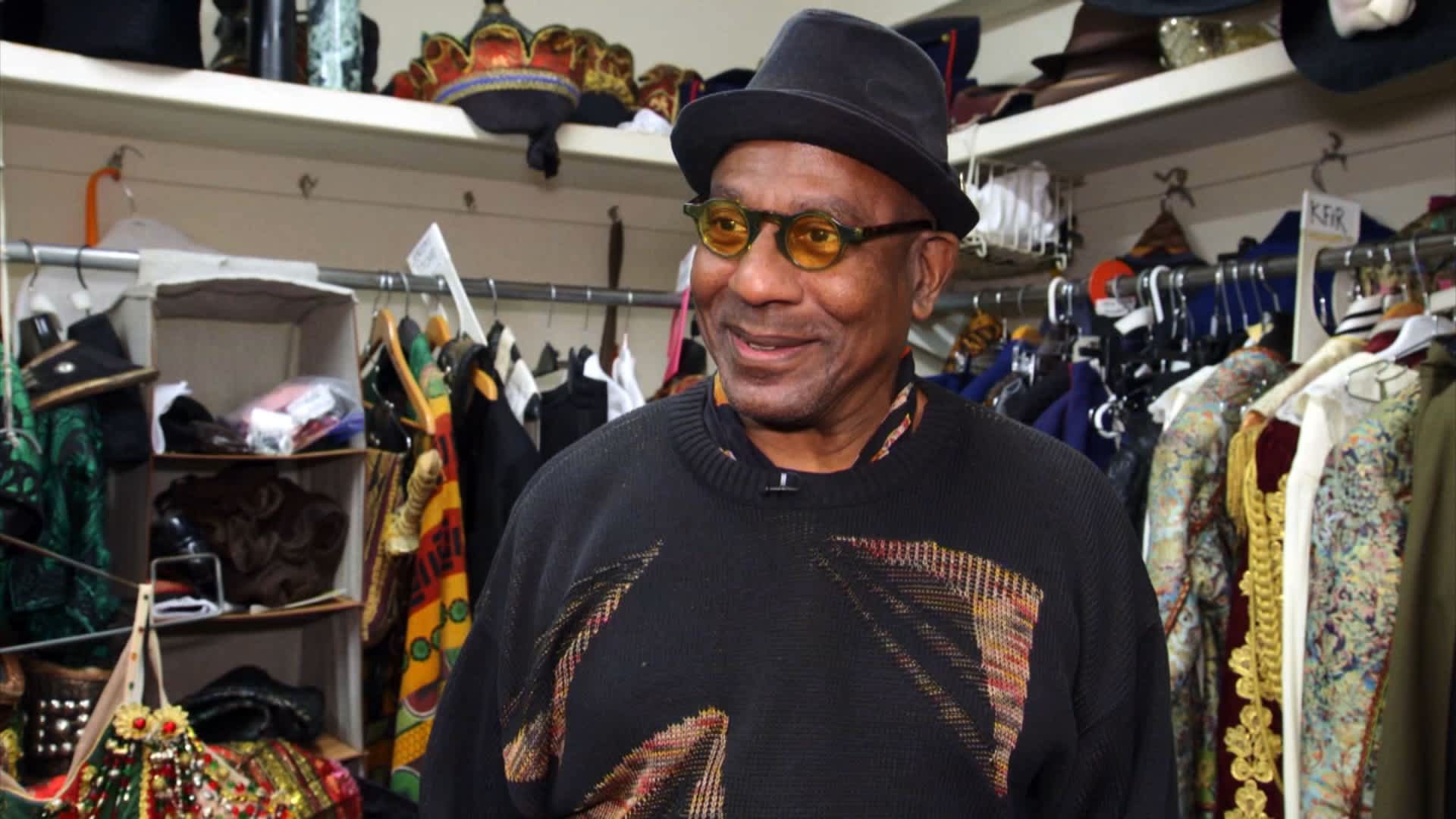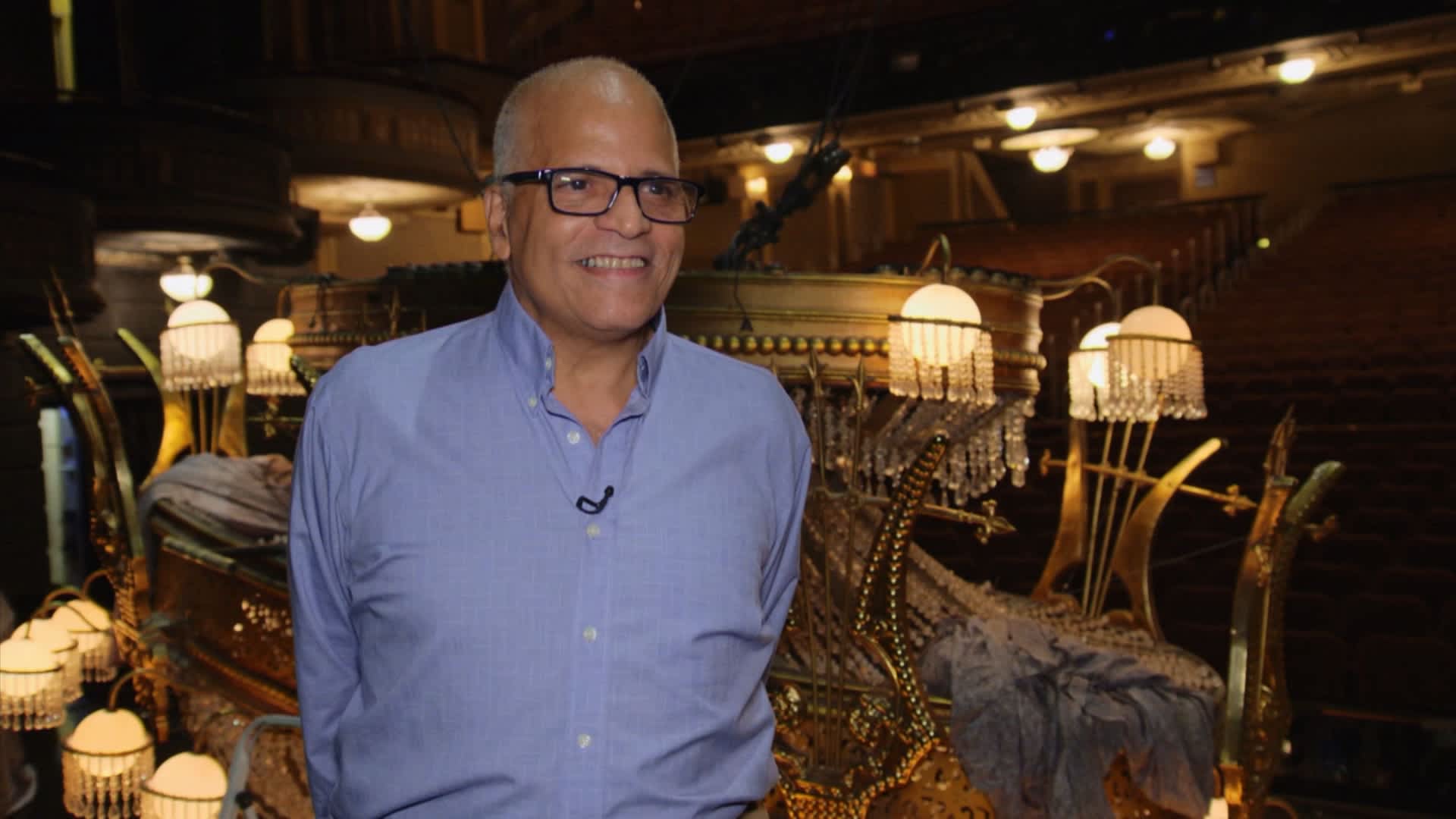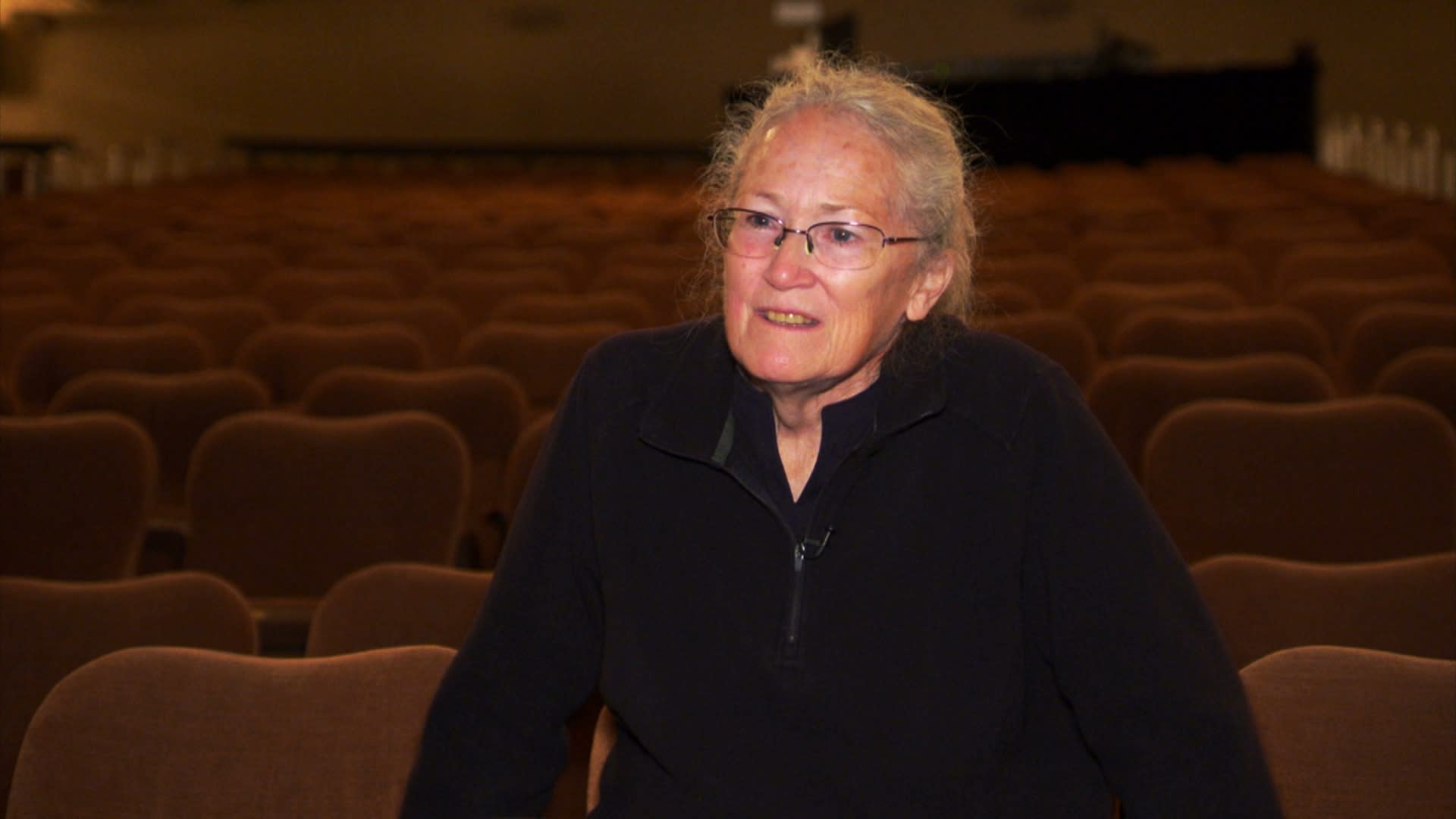
- After 35 years on Broadway, "The Phantom of the Opera" will close its doors at the Majestic Theatre on April 16.
- During its run, the show created an estimated 6,500 jobs — including those for 400 actors. That's more jobs than any show in U.S. theatrical history.
- Today, 20 employees are still working at "Phantom" after more than three decades.
After more than three decades, "The Phantom of the Opera" is getting ready to hang up its mask on Broadway.
The Andrew Lloyd Webber musical has played to over 145 million people worldwide in 41 countries, 183 cities, and in 17 languages — and it has received 70 major theater awards including seven Tony Awards and four Olivier Awards.
Get Tri-state area news delivered to your inbox.> Sign up for NBC New York's News Headlines newsletter.
The show also lays claim to the title of the biggest job producer in U.S. theatrical history. During its run, "Phantom" created an estimated 6,500 jobs, including those of 400 actors, in New York City, while grossing $1.3 billion in ticket sales. The show's last performance at the Majestic Theater is slated for April 16.
Casting director Tara Rubin has helped hand-pick the actors for the beloved musical for more than three decades — working just down the street from the Majestic.

"I never really dreamed that I would have a job like this," Rubin told CNBC. "In 1987, when we first started casting, I typed all the casting sheets that we used in auditions on a Selectric typewriter."
Money Report
Back then, she also made phone calls to the agents — rather than emailing them, and did it all on a rotary phone.
"[Phantom's] maintained a presence on the street, and then the city for so long. It's inspired other shows, it's inspired people to become actors," Rubin said.
Rubin is just one of 20 "lifers" who have worked on the show for more than three decades.

Dresser Ron Blakley is another lifer who was working backstage in the wardrobe department when the curtain rose at the Majestic for the very first time.
Blakley's job is to inspect the show's costumes to make sure they're in tip-top shape. He gave CNBC a tour of his backstage area, which is loaded with intricately beaded costumes and ball gowns.
After each performance, Blakley checks the costumes for any signs of wear and tear. "I get a needle and some thread and I stitch it and I put the backing back in place."
But what he'll miss most?
"The people," said Blakley.

The one-ton chandelier is the centerpiece of the show. It flies over the audience each night. For three decades, head electrician Alan Lampel has kept its lights on.
It's named "Ruthie Two," as a tribute to assistant director Ruth Mitchell, he said.
Lampel said he's seen hundreds of actors come and go at "Phantom," but the chandelier hasn't left the stage since opening night.
"I watch it from my perch out there in the back of the orchestra. And it's quite powerful," he said.
Below the chandelier, another lifer is in the orchestra pit, violinist Jan Mullen.

She's one of 27 musicians who make up one of Broadway's largest orchestras.
"In music like this, which is complex, there's always something different you can see or what you can do with it," said Mullen, who never expected to land the job when she auditioned after graduating from Juilliard.
"This is as good as it gets," said Mullen. "I'm so glad so many people have been able to enjoy it."






